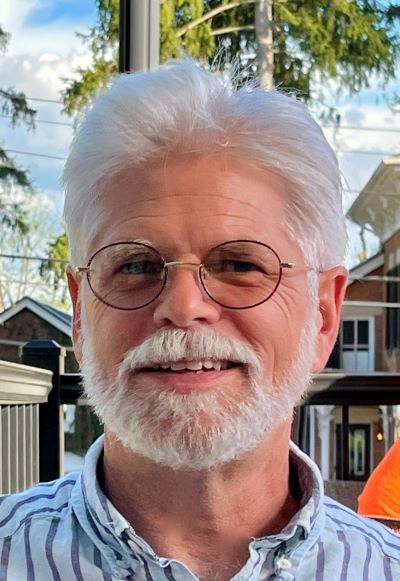Christopher Flint
Professor Emeritus of English
About
In 2022 I retired after 24 years at CWRU. Specializing in eighteenth-century literature, culture and art, I taught courses on the novel, poetry, and film, served as the English Department’s Director of Graduate Studies from 2008 to 2011, and as Chair of the Department from 2015 to 2020. From the beginning of my academic career I was drawn to the strange amalgam of order and unruliness in eighteenth-century British literature and culture, especially in the form of prose fiction. My first book, Family Fictions: Narrative and Domestic Relations in Britain, 1688-1789 (Stanford University Press, 1998), grew out of that interest, tracing family ideology in eighteenth-century conduct books, political treatises, philosophy, and demographic literature and examining a variety of domestic disorders in works by Aphra Behn, Daniel Defoe, Samuel Richardson, Eliza Haywood, Horace Walpole, Laurence Sterne, and Mary Wollstonecraft. My second book, The Appearance of Print in Eighteenth-Century Fiction (Cambridge University Press, 2011), relates innovations in print technology to typographical experimentation within eighteenth-century prose fiction. It argues that such narratives assume particular forms and popularity in the period largely as a result of the distinctive and rapid dispersion of print technology and that complex attitudes toward the resources of print are shaped in part by the way in which literary artifacts like the novel confront their own textual nature. The book continued my overall concern with cultural dissonance by measuring the rational ideals of the eighteenth-century British print industry against actual publishing practices within the period. I have also written various articles on art, fiction, print technology, narrative theory and poetry in scholarly journals such as PMLA, ELH, Eighteenth-Century Studies, Eighteenth-Century Fiction, Studies in English Literature 1500-1900, and Papers on Language and Literature.
Despite my research specialization in eighteenth-century British culture, I enjoyed teaching a wide range of literature extending from the seventeenth century to the present, including American, British, Canadian, and Latin-American authors. My theoretical and critical interests include history and theory of the novel, cultural criticism, narrative theory, history of sexuality, film adaptation, and art history. In addition to providing more time for travelling, gardening, concerts and cycling, I am hoping retirement will offer opportunities to try out some activities that have long been on my bucket list—beginning, perhaps, with carpentry.

